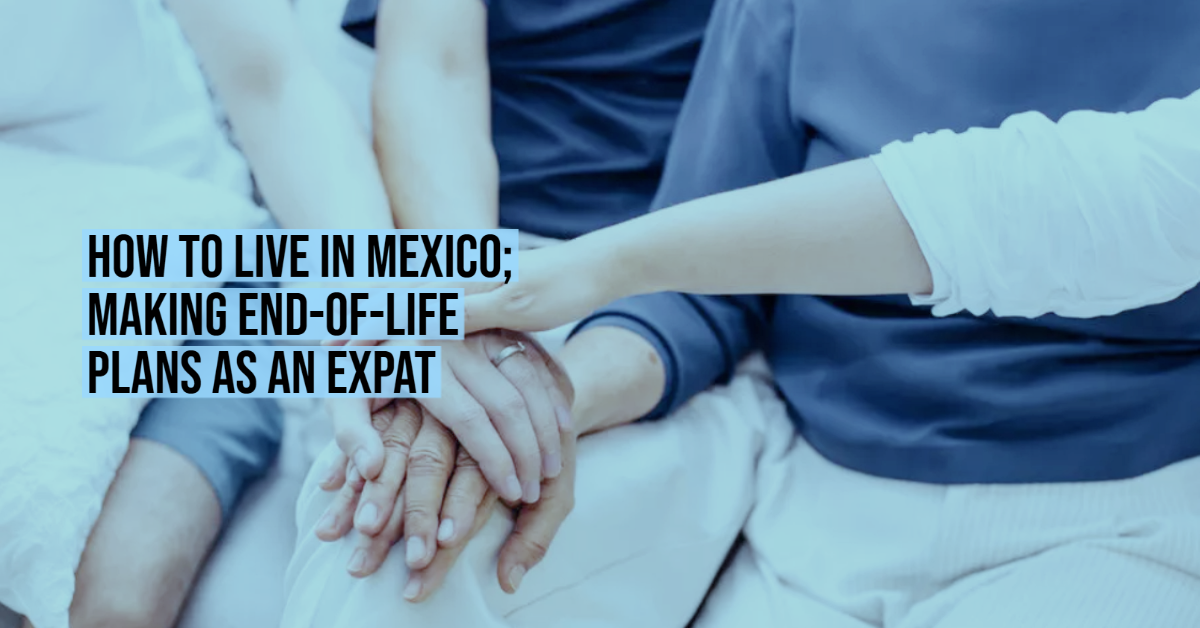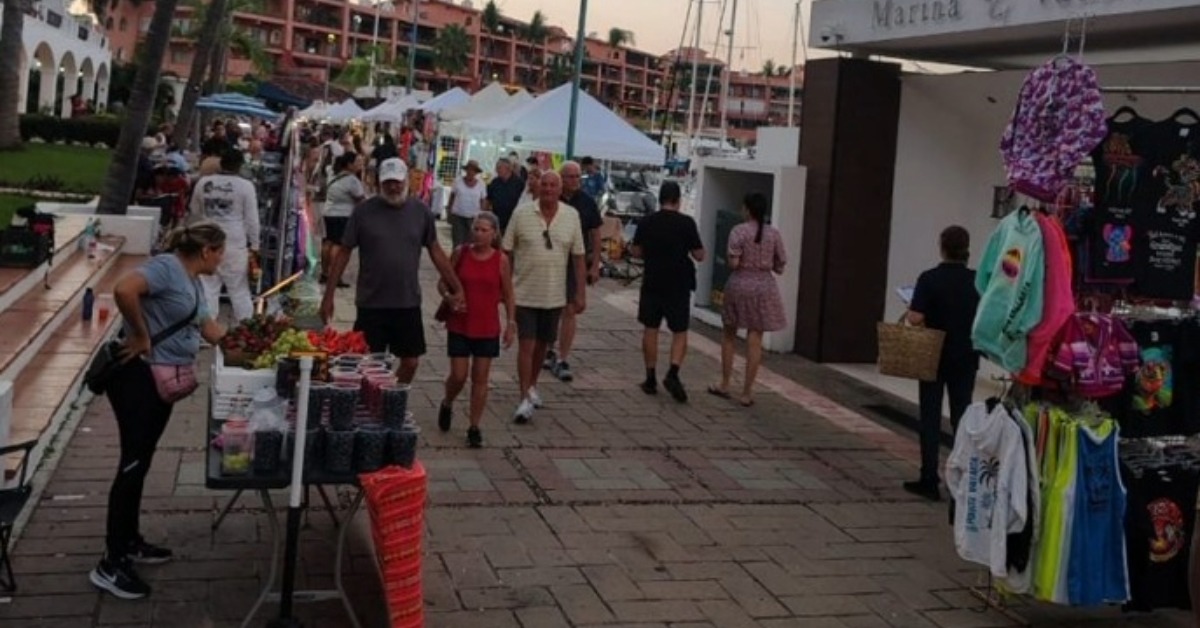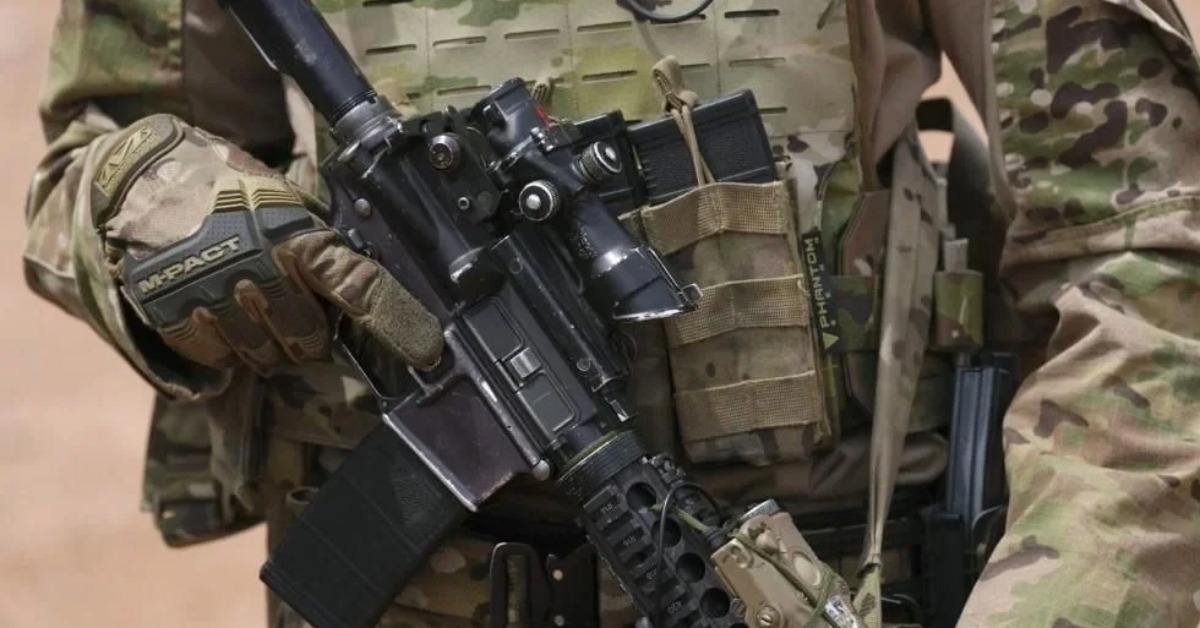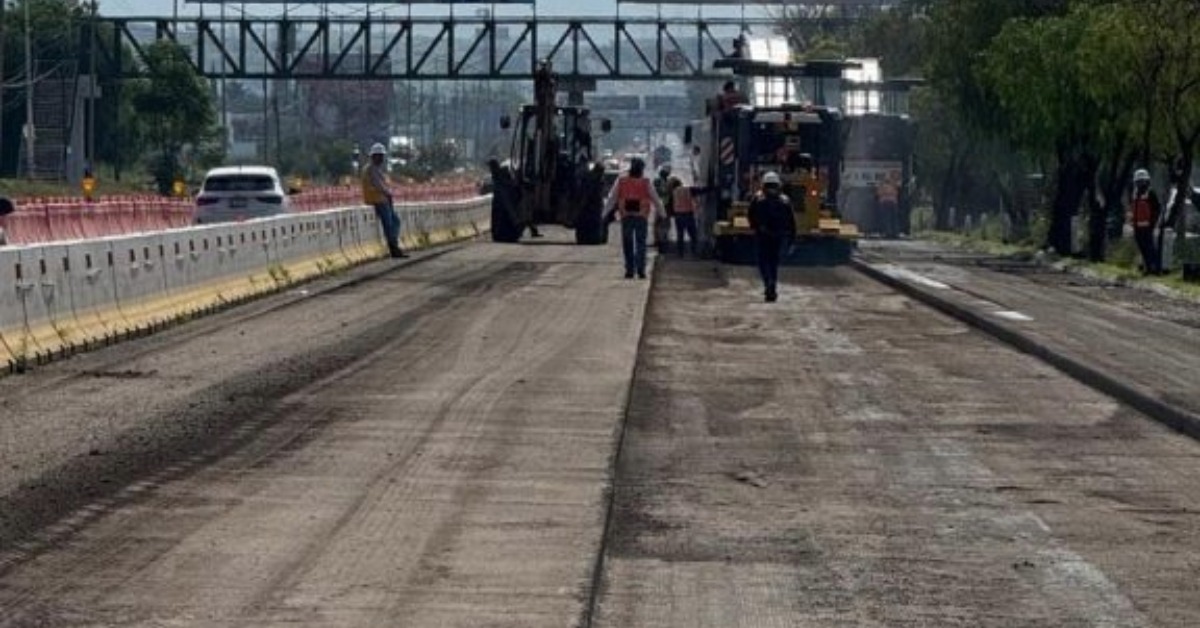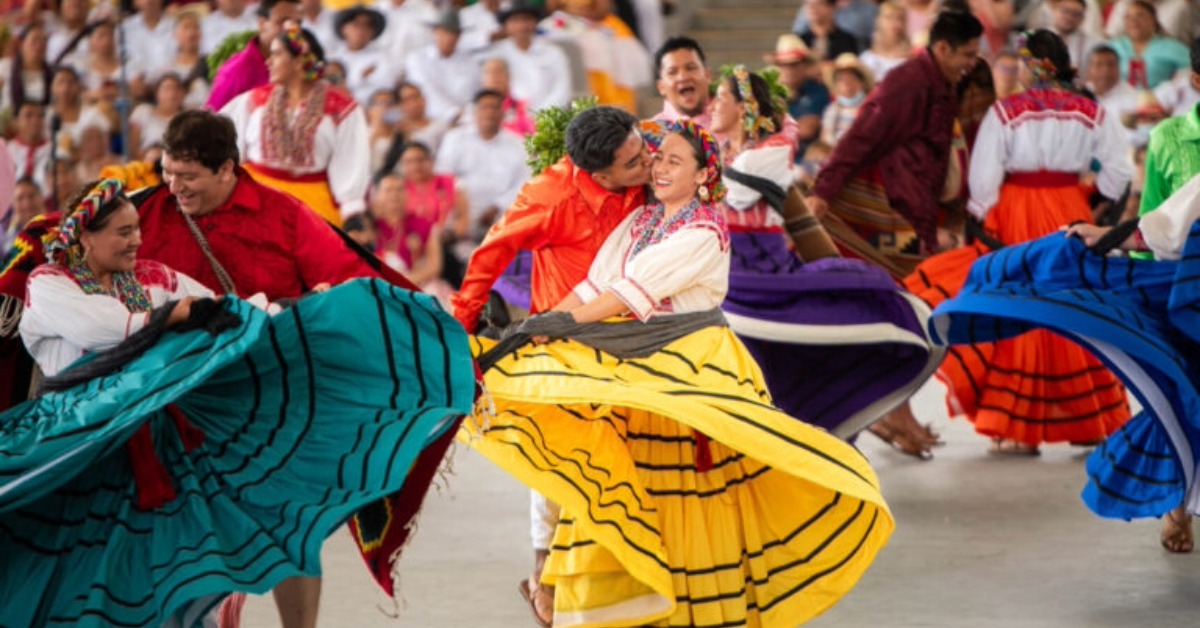Since I started writing the How to live in Mexico series, the most common questions have been about aging and dying in Mexico as an expat. I am 49 years old, so I honestly haven't given this a lot of thought in my 12-years as an expat, so I decided to research how other expats have thought about end-of-life in a foreign country.
My own personal plans for end-of-life are pretty simple. Throw me in the . . .


